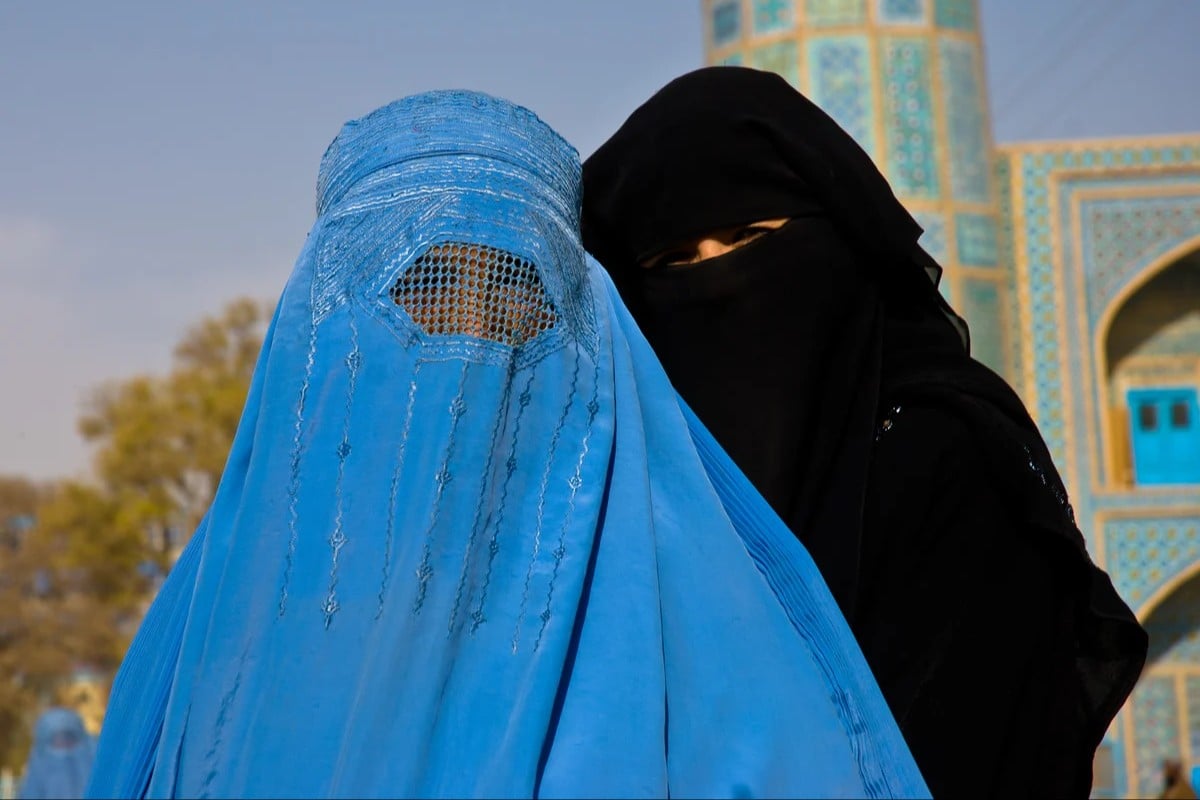
In a chilling new move, the Taliban has further restricted Afghan women's freedoms, now banning them from even hearing each other's voices in public.
The latest ban is yet another devastating blow to their last means of connection.
The edict, issued by the Minister for the Promotion of Virtue and Prevention of Vice, Khalid Hanafi, was explained as an extension of the concept of "awrah," or what must remain unseen and 'covered' in public.
"Even when an adult female prays and another female passes by, she must not pray loudly enough for them to hear," Hanafi stated in his message.
"When women are not permitted to call takbir or athan [Islamic call to prayer], they certainly cannot sing songs or [make] music," he said. "How could they be allowed to sing if they aren't even permitted to hear (each other's) voices while praying, let alone for anything else."
Activists and international leaders have called this measure an aggressive escalation of Taliban policies already oppressing women, prohibiting them from schools, parks, workplaces, and even social spaces.
Amnesty International's Zaki Haidari warned the situation for women and girls in Afghanistan is "growing darker by the day".
"The Taliban is methodically punishing women, seemingly testing how far they can push before the world responds," Haidari told news.com.au.
He added that the regime now "feels empowered, believing they have the power to erase women entirely from public life and society".
The Australian Hazara Advocacy Network's Zohal Azra also condemned the edict, telling the publication, "It is hard to imagine the situation getting worse after the Taliban banned women's voices and faces in public last month, but with this latest decree, we have seen that the Taliban's capacity to inflict harm on women has no limits."




























































































